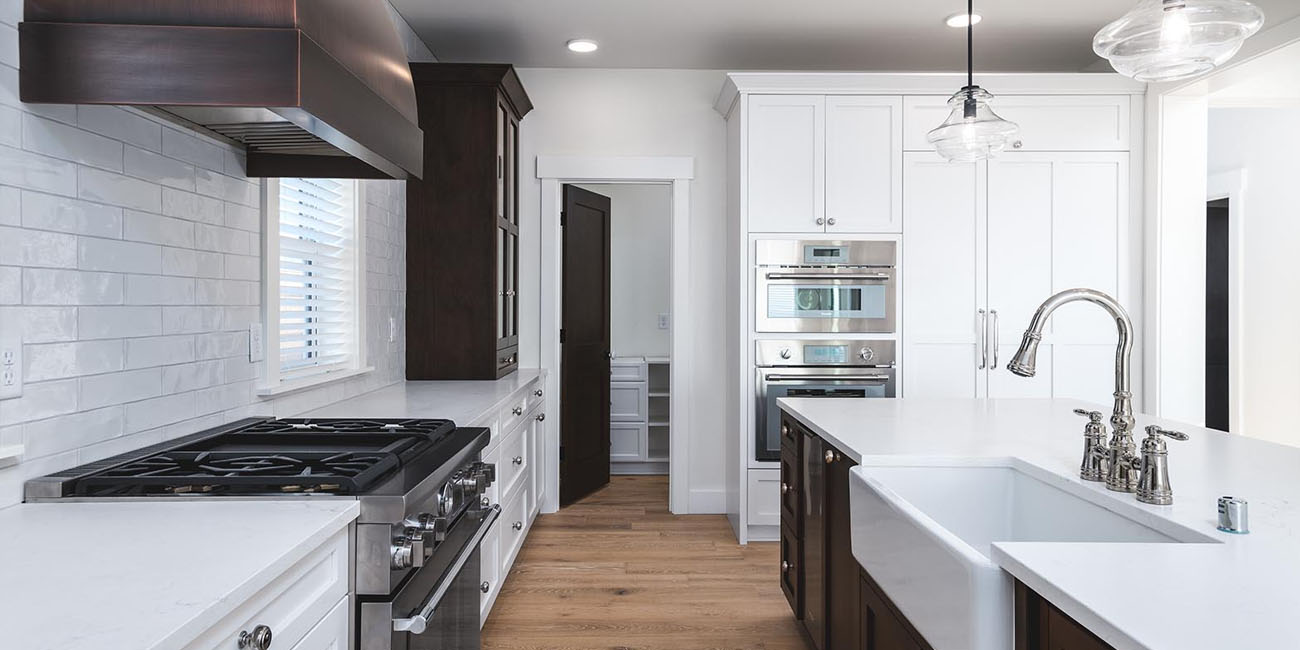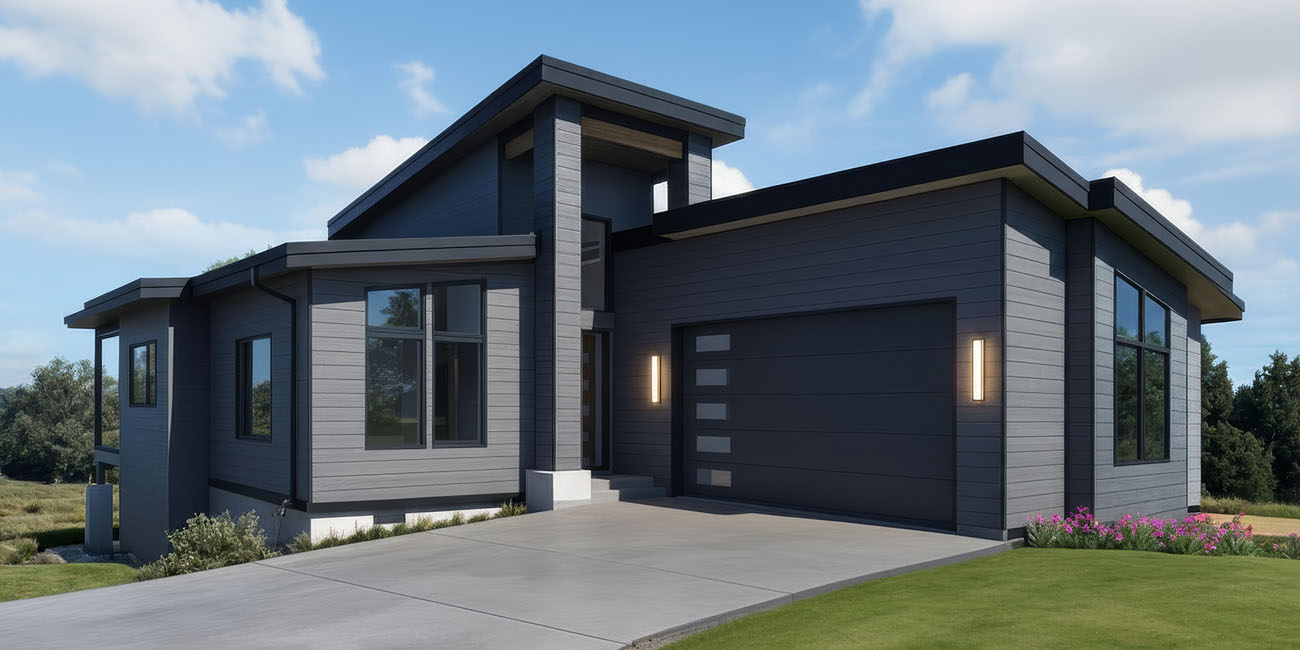How to Stay on Budget During Your Custom Home Build
Building a custom home is an exciting journey, filled with decisions that shape your dream space. However, managing your budget throughout the process can be challenging. Staying on budget doesn’t mean compromising on quality—it simply requires planning, discipline, and smart decision-making. Here are some practical tips and strategies to help you stay on budget during your custom home build.

1. Establish a Clear Budget from the Start
Before you dive into the details, it’s crucial to set a clear and realistic budget. This should account for every aspect of the home-building process, including land costs, construction, design, permits, and contingency funds. Work closely with your builder to create a comprehensive estimate. By setting a firm budget early on, you’ll have a better framework for decision-making as you progress.

2. Choose the Right Builder
Selecting the right builder is one of the most important decisions you’ll make. Choose someone who has a reputation for staying within budget and offers transparency throughout the building process. A trustworthy builder will help you avoid surprises by providing detailed cost breakdowns and discussing any potential changes early on. Regular communication with your builder is key to keeping your project on track financially.

3. Prioritize Your Must-Haves
It’s easy to get carried away with upgrades and features, but not all of them are essential. Make a list of your must-haves and nice-to-haves early in the process. This way, if costs start to rise, you can focus on what truly matters to you and adjust the nice-to-haves accordingly. Sticking to your priorities will help you avoid overspending on unnecessary luxuries.

4. Plan for Contingencies
Unexpected costs can arise during any construction project, whether due to weather delays, material shortages, or design changes. Set aside 10-15% of your total budget as a contingency fund to cover any unforeseen expenses. Having this cushion ensures that you don’t have to scramble for extra funds later, and it allows you to handle surprises without derailing your overall budget.

5. Choose Cost-Effective Materials
While it’s tempting to go for high-end materials throughout your home, there are often budget-friendly alternatives that still deliver great quality and aesthetics. Research different materials and finishes that fit within your budget. For example, opting for engineered wood flooring instead of hardwood or choosing quartz countertops over marble can help you save significantly without sacrificing style or durability.
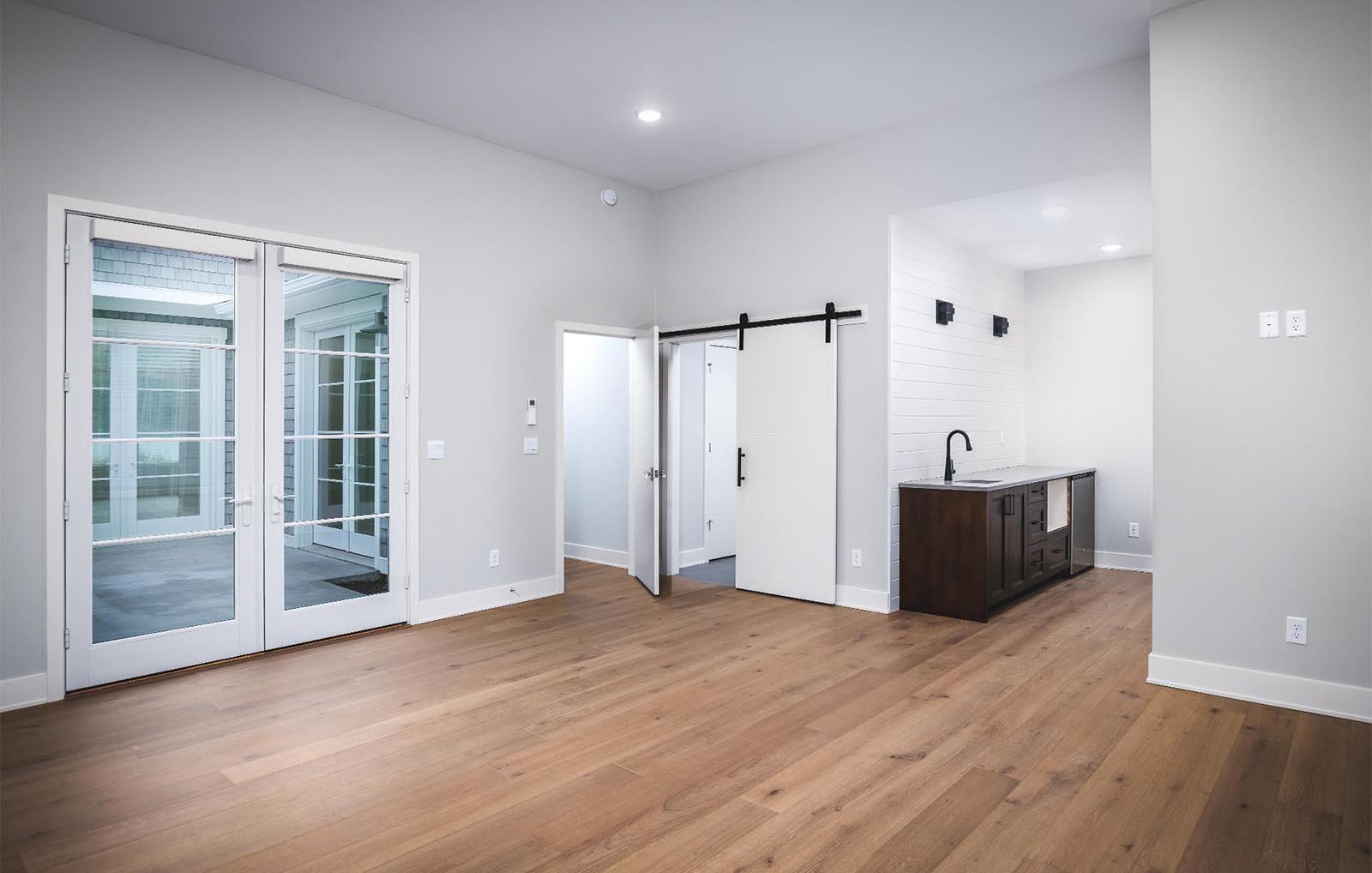
6. Avoid Scope Creep
Scope creep occurs when you start adding on new features or expanding the scope of your project during construction. These changes can quickly add up and blow your budget. To avoid this, finalize your design and specifications before construction begins, and resist the urge to make changes unless absolutely necessary. If changes are needed, review the costs and how they will impact your budget before giving the green light.

7. Monitor Your Expenses Closely
Stay involved throughout the construction process by monitoring your expenses and keeping track of where your money is going. Request regular updates from your builder, review invoices, and ensure that costs align with your budget. By keeping a close eye on expenses, you can catch any discrepancies early and address them before they escalate.

8. Be Smart About Financing
If you’re financing your custom home, be mindful of loan terms, interest rates, and payment schedules. Securing favorable financing can have a big impact on your overall budget. Shop around for competitive rates and consider working with a lender who specializes in construction loans. Ensure you fully understand the terms of your loan so that you can plan for payments without straining your finances.

9. Save on Energy Efficiency
Investing in energy-efficient appliances, insulation, and windows may have a higher upfront cost but can save you money in the long run. These upgrades can reduce utility bills and add long-term value to your home. By factoring in energy efficiency during the build, you’re not only staying on budget now but also making financial choices that will benefit you for years to come.
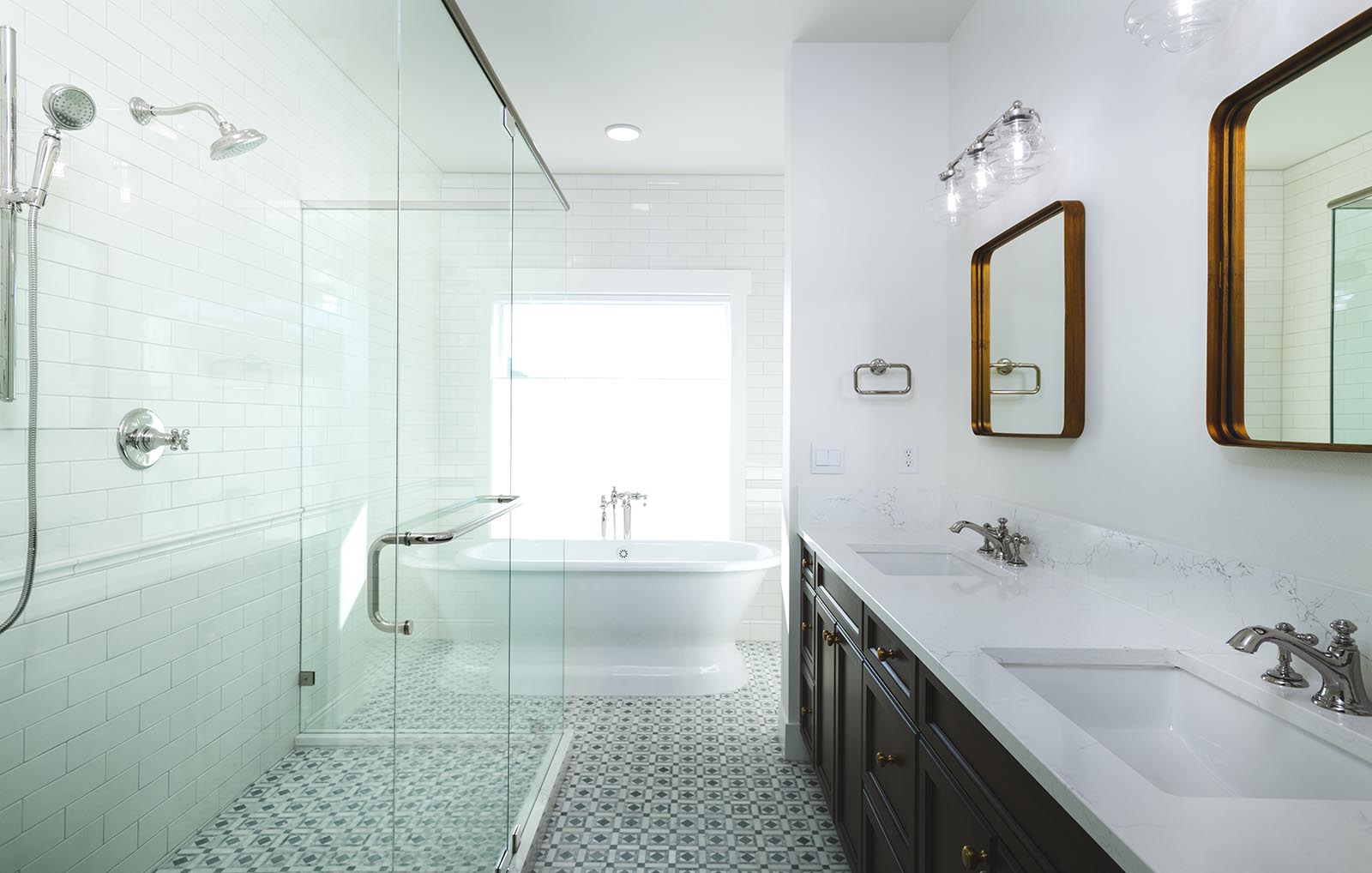
10. Keep an Open Dialogue
Maintaining open communication with your builder, architect, and subcontractors is essential for staying on budget. Regular meetings to discuss progress, costs, and potential changes will help you stay informed and make better decisions. Transparency among all parties ensures that everyone is aligned on expectations and financial limits.
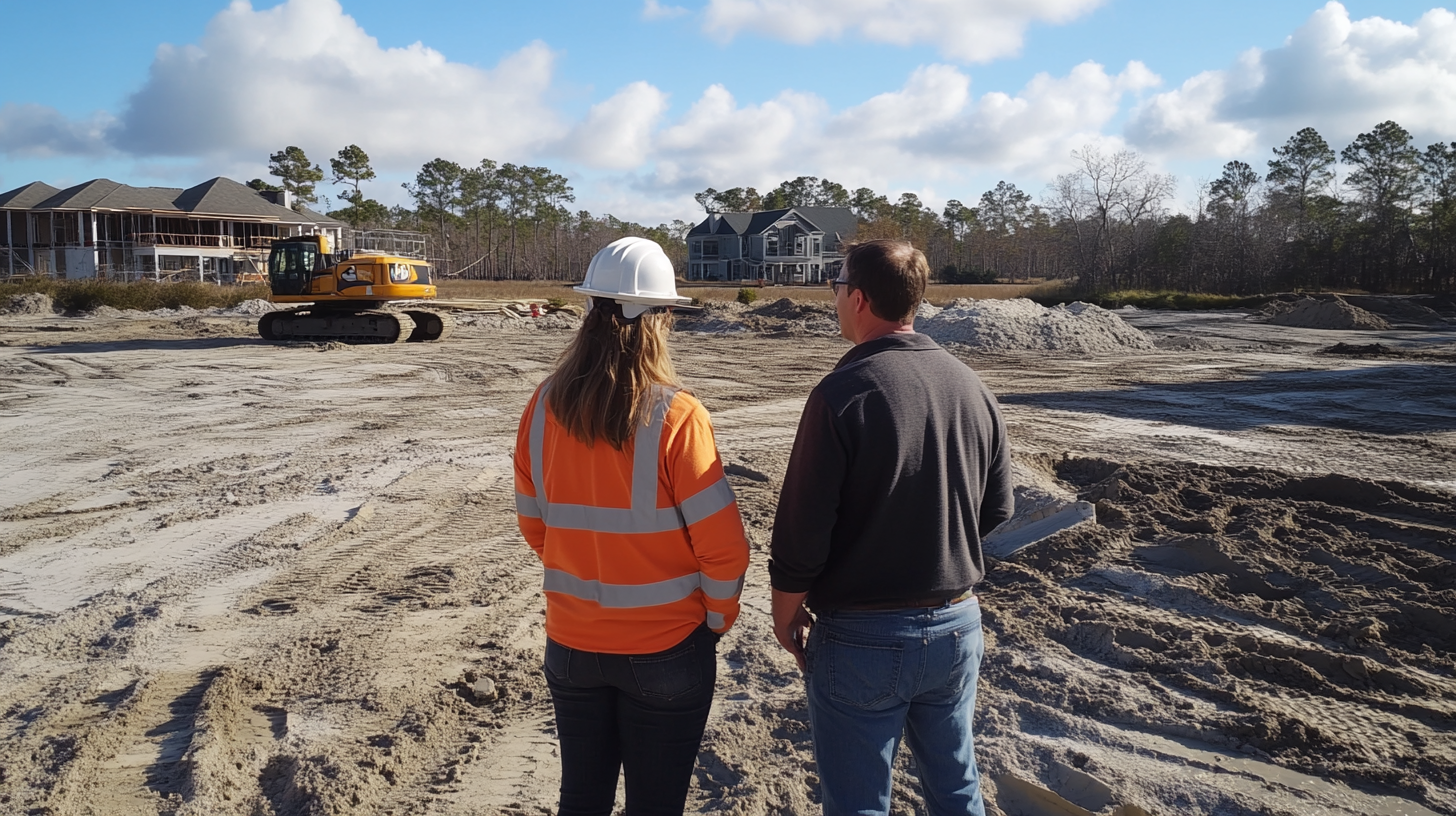
Conclusion
Building a custom home is a rewarding experience, but without careful budget management, costs can quickly spiral out of control. By establishing a clear budget, prioritizing your must-haves, choosing cost-effective materials, and keeping a close eye on expenses, you can create your dream home without breaking the bank. With the right planning and smart strategies, you can stay on budget and enjoy the process of building the perfect home for your family.

- 5.8 min read
Why Choose Inspire Homes to Build Your Custom Home in Washington Building a custom home is one of the biggest investments you’ll ever make, and it’s not just about bricks [...]
- 5.8 min read
The Ultimate Guide to Building a Modern Contemporary Home Imagine a home that feels just right, every single day. Not just when you first get the keys, but for years [...]
- 6.6 min read
Energy-Efficient Washington Home Builder – Making Smart Living Easy Imagine a home that feels just right, every single day. Not just when you first get the keys, but years down [...]



